Have you ever felt stuck in a habit, as if your brain is working against you? Maybe you’ve tried to cut back on alcohol, only to find yourself reaching for a glass of wine after a stressful day or out of sheer routine.
The good news is that your brain isn’t fixed—it’s adaptable, and you have the power to rewire it. This incredible ability, known as neuroplasticity, is the key to breaking old patterns and creating a healthier, alcohol-free life.
Neuroplasticity is your brain’s way of saying, I can change. It’s the process by which your brain forms new connections, strengthens positive habits, and lets go of behaviors that no longer serve you. By understanding how neuroplasticity works, you can harness its power to transform your relationship with alcohol and build a life that aligns with your goals and values.
What Is Neuroplasticity?
Neuroplasticity is the brain’s ability to reorganize itself by forming new neural connections throughout your life. Think of your brain as a network of pathways. Every thought, action, or habit you repeat strengthens a specific pathway, making it easier for your brain to follow that route in the future. This is why habits—both good and bad—can feel automatic over time.
For example, if you’ve spent years associating relaxation with a glass of wine, your brain has created a strong neural pathway linking alcohol to stress relief. The more you repeat this behavior, the stronger that pathway becomes.
But here’s the exciting part: neuroplasticity means you can create new pathways. By intentionally practicing new habits and ways of thinking, you can weaken the old connections and build healthier ones in their place.
How Alcohol Shapes Your Brain
Alcohol doesn’t just affect your body—it has a profound impact on your brain. Over time, drinking can alter the brain’s reward system, making alcohol feel like the easiest and most effective way to cope with stress, anxiety, or boredom. This is why cravings can feel so powerful; your brain has been conditioned to expect alcohol as the solution.
But neuroplasticity works both ways. Just as your brain adapted to rely on alcohol, it can adapt to thrive without it. The key is to interrupt the old patterns and replace them with new, positive behaviors that reinforce your decision to live alcohol-free.
Rewiring Your Brain for an Alcohol-Free Life
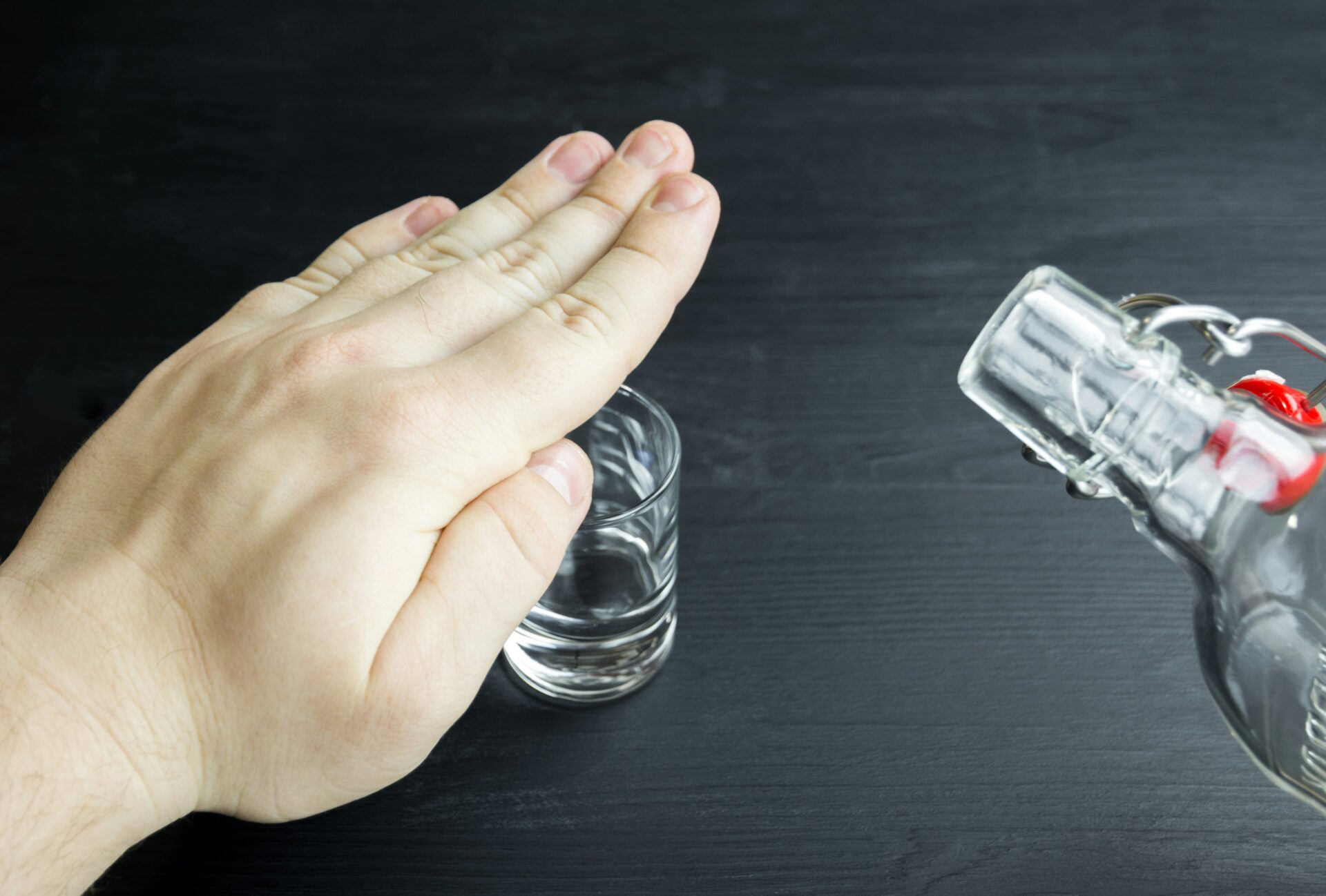
Rewiring your brain takes time and effort, but it’s absolutely possible. Here’s how you can use neuroplasticity to support your journey:
1. Examine Your Core Beliefs About Alcohol
What do you believe alcohol does for you? Does it help you unwind? Make you more social? Mark the end of a long day? These beliefs are often the foundation of drinking habits, and they can keep you stuck. Take some time to write them down and ask yourself: Are these beliefs actually true?
For example, does alcohol really reduce stress, or does it just delay dealing with it? By challenging these assumptions, you can start to dismantle the mental barriers that hold you back.
2. Identify Your Triggers
When do you feel the strongest urge to drink? Is it during moments of stress, boredom, or social pressure? Does it happen at a specific time of day, like during your evening routine? Recognizing these triggers is the first step in breaking the cycle.
Once you’ve identified your triggers, you can start to anticipate them and choose alternative responses that align with your goals.
3. Break the Habit Loop
Habits are built on a simple loop: trigger → behavior → reward. For example, stress (trigger) might lead to pouring a glass of wine (behavior), which provides temporary relief (reward).
To break the cycle, replace the behavior with something else that provides a similar reward. If stress is your trigger, try deep breathing, a quick workout, or even a hot shower. Over time, your brain will associate these healthier behaviors with relief, creating a new habit loop.
4. Observe Your Urges Without Judgment
Instead of fighting the urge to drink, take a moment to pause and observe it. Ask yourself:
- What am I feeling right now?
- What do I actually need?
- Will alcohol truly solve this problem?
By approaching your urges with curiosity rather than resistance, you weaken their hold over time. This practice also helps you identify the underlying emotions or needs driving your cravings, giving you the opportunity to address them in healthier ways.
5. Strengthen the Decision-Making Part of Your Brain
The prefrontal cortex, responsible for decision-making and self-control, can be weakened by habitual drinking. The good news is that you can strengthen it through intentional practices like mindfulness, meditation, and self-reflection.
Each time you pause and make a conscious choice to skip a drink, you’re reinforcing this part of your brain. Over time, these intentional decisions become easier and more automatic.
6. Regulate Your Nervous System
Many people use alcohol as a way to cope with stress, but true resilience comes from learning how to regulate your nervous system. Instead of reaching for a drink, try:
- Deep belly breathing to calm your body and mind.
- Cold exposure, like splashing cold water on your face, to reset your stress response.
- Movement, such as stretching, walking, or dancing, to release tension.
- Grounding techniques, like standing barefoot on grass or holding a comforting object, to bring yourself back to the present moment.
By practicing these techniques, you’ll become less reactive to stress and less likely to turn to alcohol as a coping mechanism.
7. Rewrite Your Internal Dialogue
The way you talk to yourself matters. If you frame your decision to avoid alcohol as a loss—“I can’t drink”—it can feel restrictive. Instead, shift your language to reflect empowerment and choice:
- “I don’t need alcohol to relax.”
- “I am learning healthier ways to cope.”
- “I am free from the cycle of drinking.”
These affirmations may feel awkward at first, but they help rewire your brain by replacing negative narratives with positive, empowering ones.
8. Discover True Sources of Joy
Alcohol artificially stimulates your brain’s dopamine system, creating a short-lived sense of pleasure. Over time, this depletes your brain’s ability to experience real joy from other activities.
To rewire your brain, start seeking out genuine sources of happiness and fulfillment. It could be listening to music, engaging in creative hobbies, spending time in nature, or having meaningful conversations.
What truly lights you up? Make space for those activities in your life.
9. Focus on Connection Over Isolation
Humans are wired for connection, and socializing often plays a big role in drinking habits. If alcohol has been tied to your social life, it’s time to explore new ways to connect with others:
- Host gatherings with alcohol-free options.
- Join a sober or mindful drinking community, either locally or online.
- Take a class, join a club, or volunteer for a cause you care about.
- Look into a private 1-1 alcohol freedom coach.
Surround yourself with people who uplift and support your goals. Building meaningful relationships without alcohol strengthens your sense of belonging and reduces the temptation to drink.
10. Embrace Small, Consistent Changes
Your brain thrives on repetition. Small, consistent actions—like choosing sparkling water over wine, taking a walk instead of pouring a drink, or pausing before making a decision—are what create lasting change.
Don’t worry about being perfect. Focus on progress, and celebrate each small win along the way. Over time, these small shifts will rewire your brain and make your new habits feel natural.
Harnessing Neuroplasticity for Lasting Change
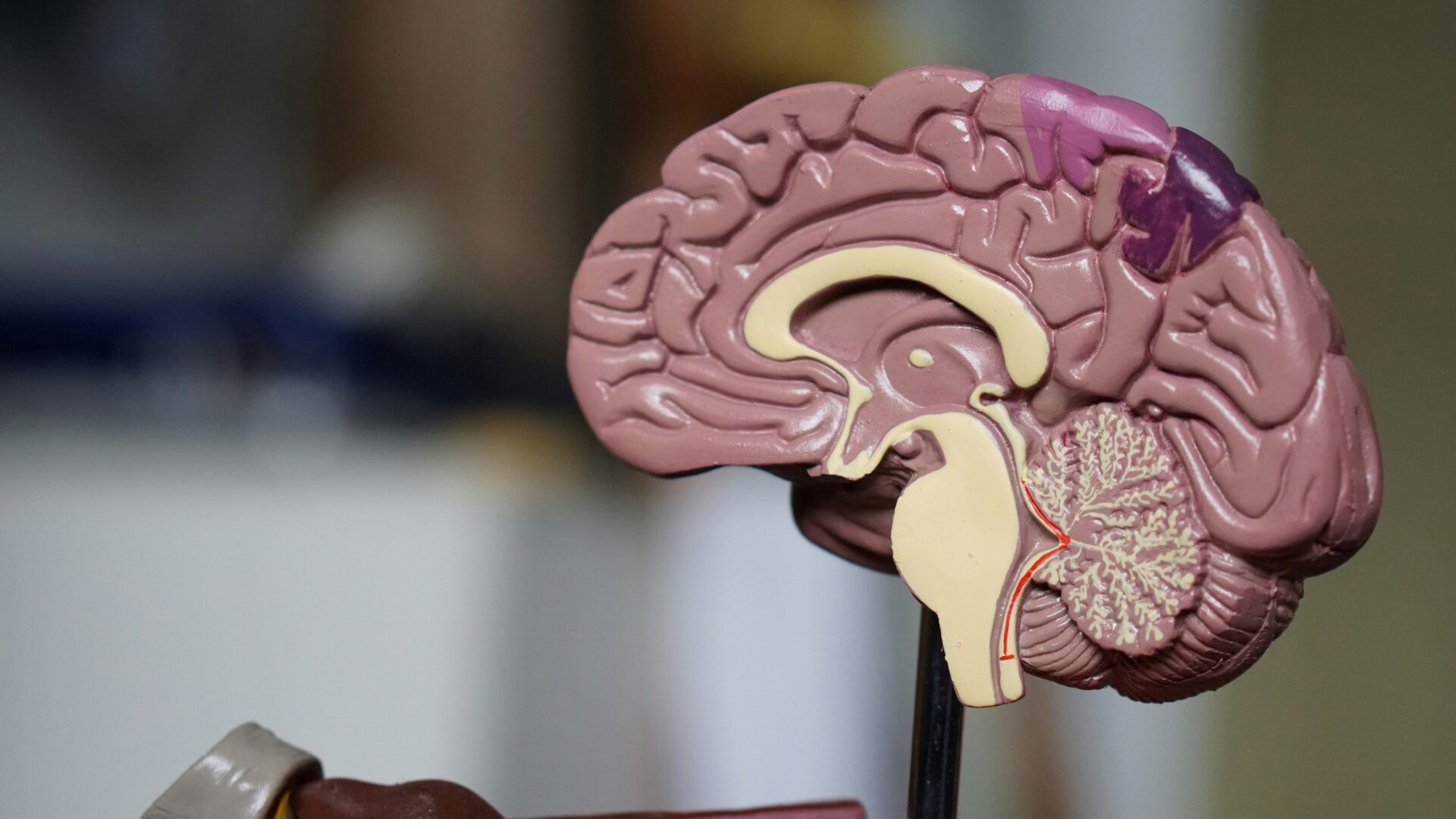
The beauty of neuroplasticity is that it’s always working, whether you realize it or not. Every thought you think, every action you take, and every habit you practice is shaping your brain.
By intentionally choosing behaviors that align with your alcohol-free goals, you’re creating a brain that supports your new lifestyle.
Over time, the cravings will fade, the old habits will weaken, and the new pathways will become second nature. You’ll find yourself reaching for a sparkling water ( I like Polar and Bubly) instead of a glass of wine, not because you’re forcing yourself to, but because it feels natural. That’s the power of neuroplasticity—it allows you to become the person you want to be.
A Clearer Path: How Neuroplasticity Supports an Alcohol-Free Life
Choosing an alcohol-free life isn’t just about giving something up—it’s about gaining so much more. It’s about clarity, energy, and the freedom to live in alignment with your values. And thanks to neuroplasticity, you have the power to make it happen.
So, the next time you feel stuck in an old pattern, remember this: your brain is on your side. With intention, patience, and practice, you can rewire your brain, transform your habits, and create a life that feels truly fulfilling. The possibilities are endless—and they’re all within your reach.
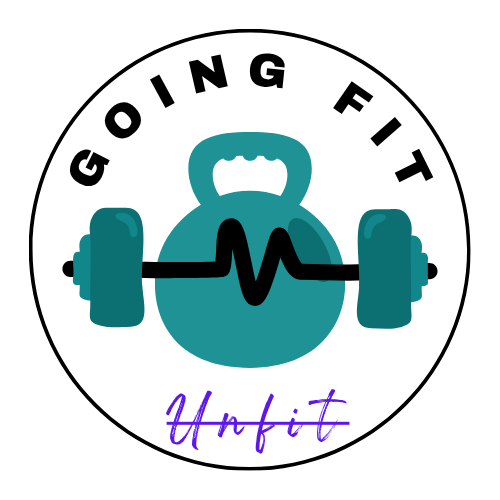
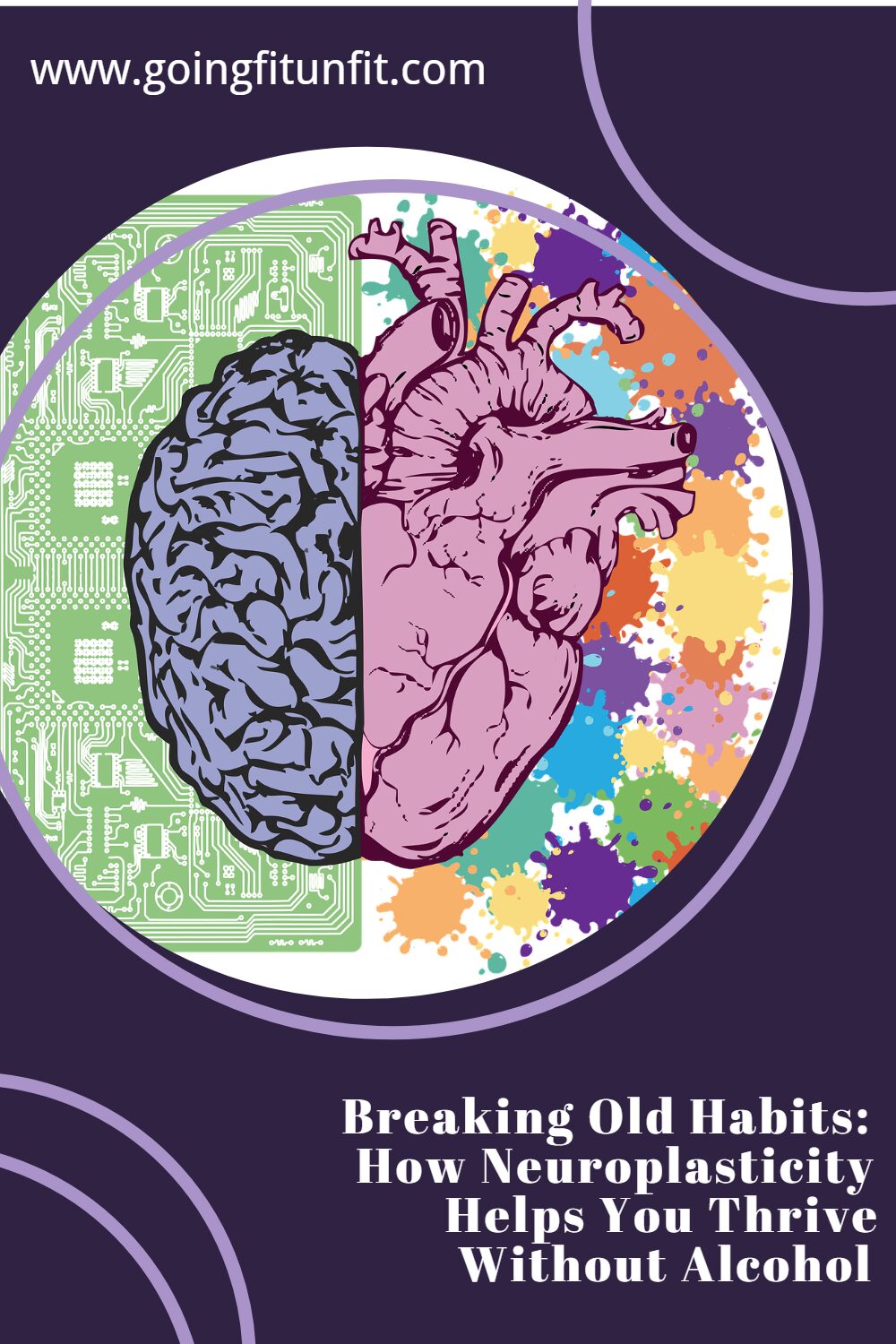

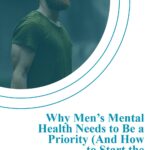

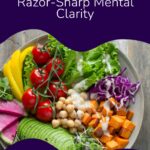




Leave a Reply